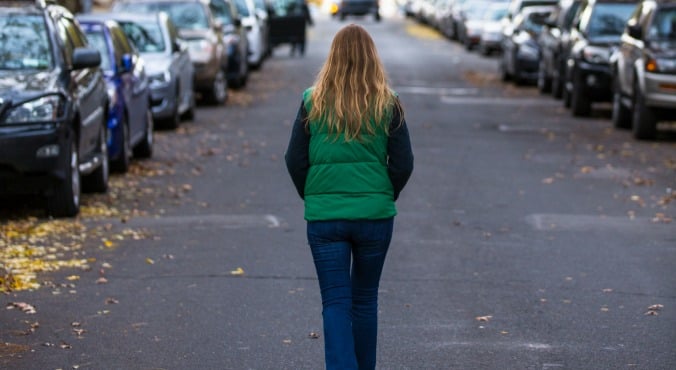
Image: iStock
I’ve purchased the emergency contraceptive pill twice in my life.
The first time, it was a straightforward process: the pharmacist asked me to fill in a form, explained how the medication worked, and handed me the tablet in a blister pack. She was helpful, approachable, and if she was judging me… she didn’t let it show.
The second time was different. I would have been 20 at the time. With my then-boyfriend by my side, I approached the counter and made my request. The response was polite, yet a punch in the gut: “Our pharmacist doesn’t sell that due to his religious beliefs. You’ll have to try another pharmacy down the road.”
Dear pharmacists: this is how you should sell the morning after pill
I’ll never forget how I felt in that moment. It was a hot cocktail of indignation, rage and I’m sad to say, a little bit of shame – despite the fact I’d been raised and educated to believe contraception, and access to it, is a human right. I was too stunned to even speak, so we quickly retreated and set out to find a more accommodating business. Thankfully this was possible – although I live in a country town, there are several pharmacies in the area.
Although it worked out okay for me, I’ve often wondered how a woman who was younger, or more vulnerable, or who didn’t have the same emotional support that I did might have reacted. Would that pharmacist’s words have scared or shamed her enough to prevent her from seeking the pill elsewhere? What if this was someone living in an even more remote area of the country, where an alternative pharmacy may have been an hours’ drive away or inaccessible within the time frame emergency contraception needs to be taken in?




























































































